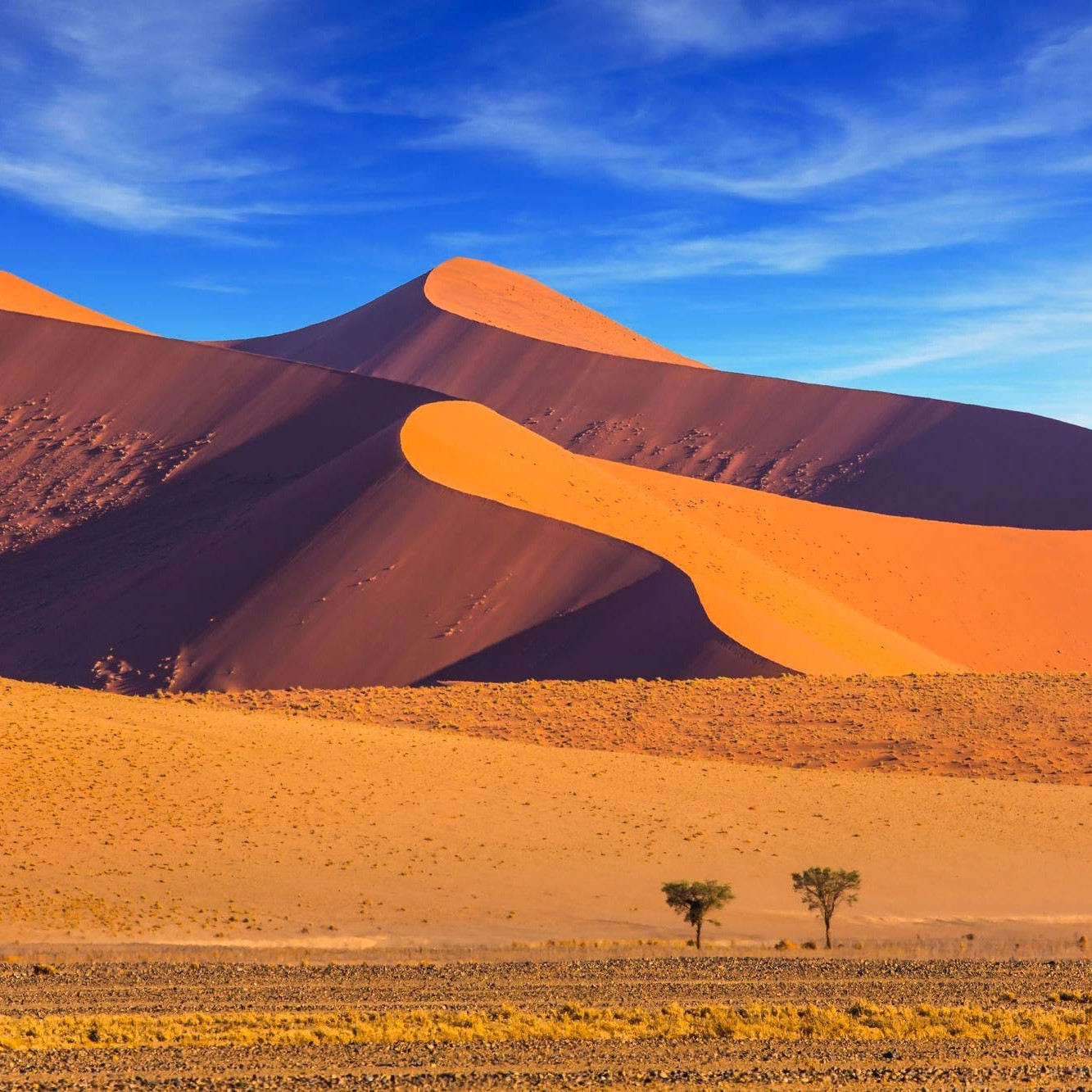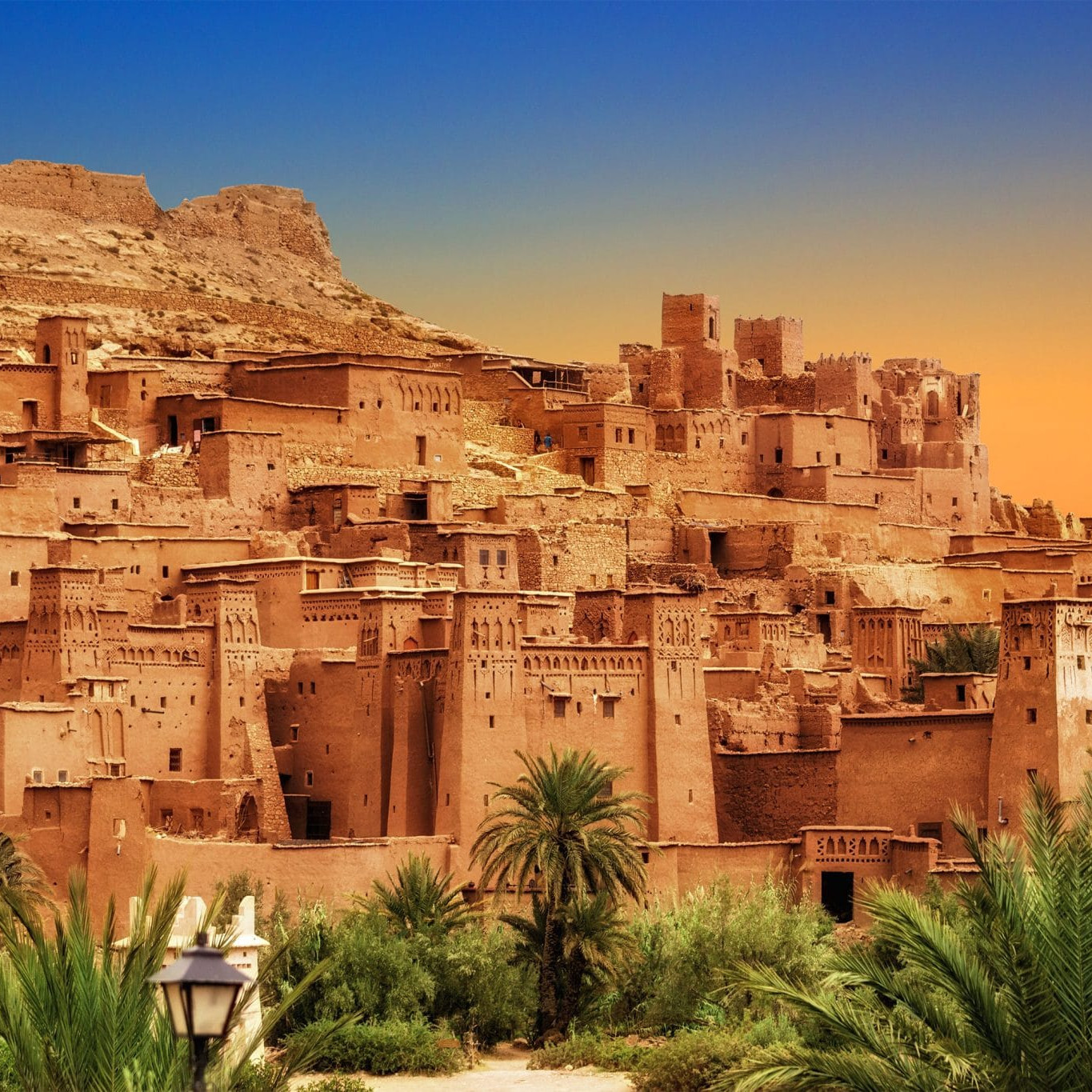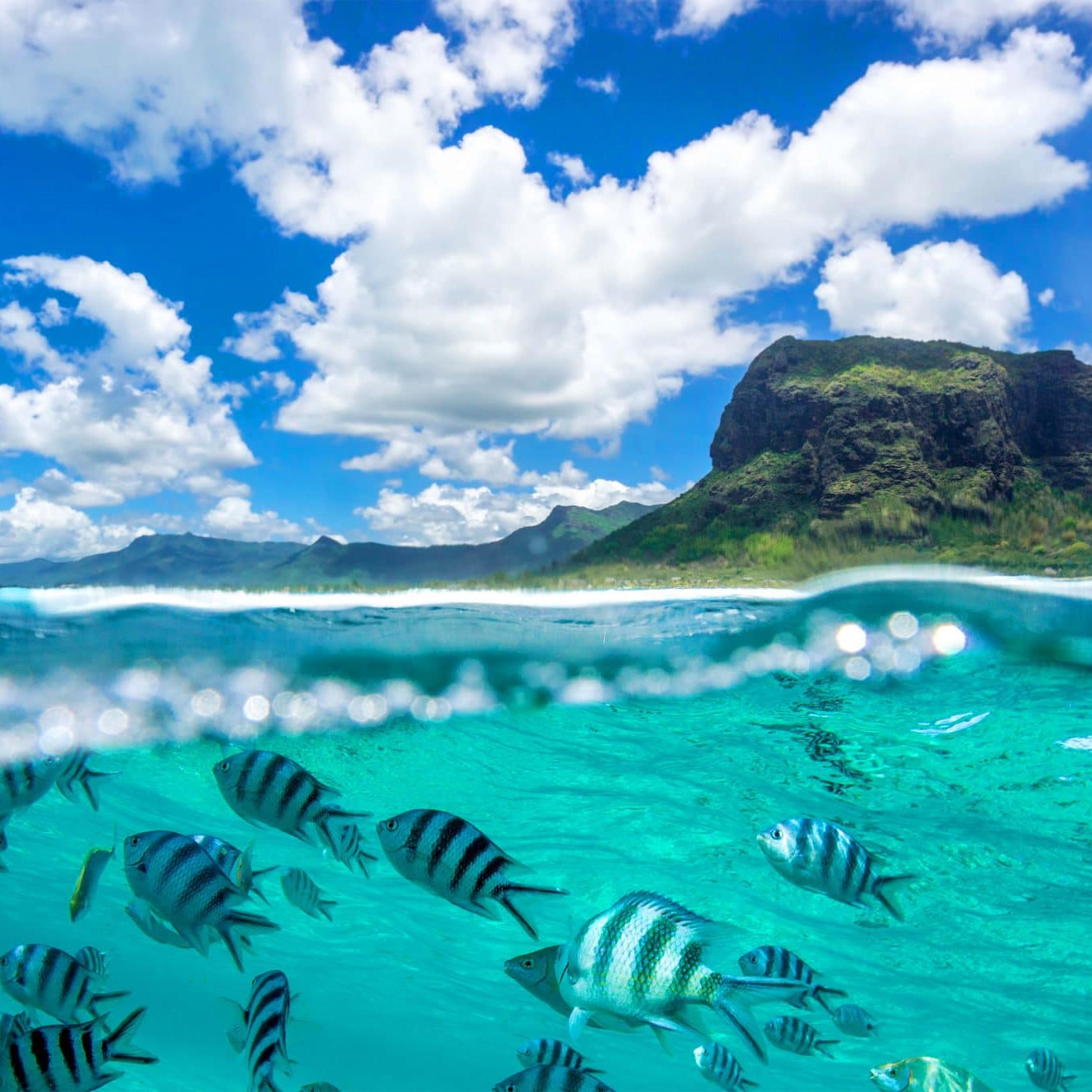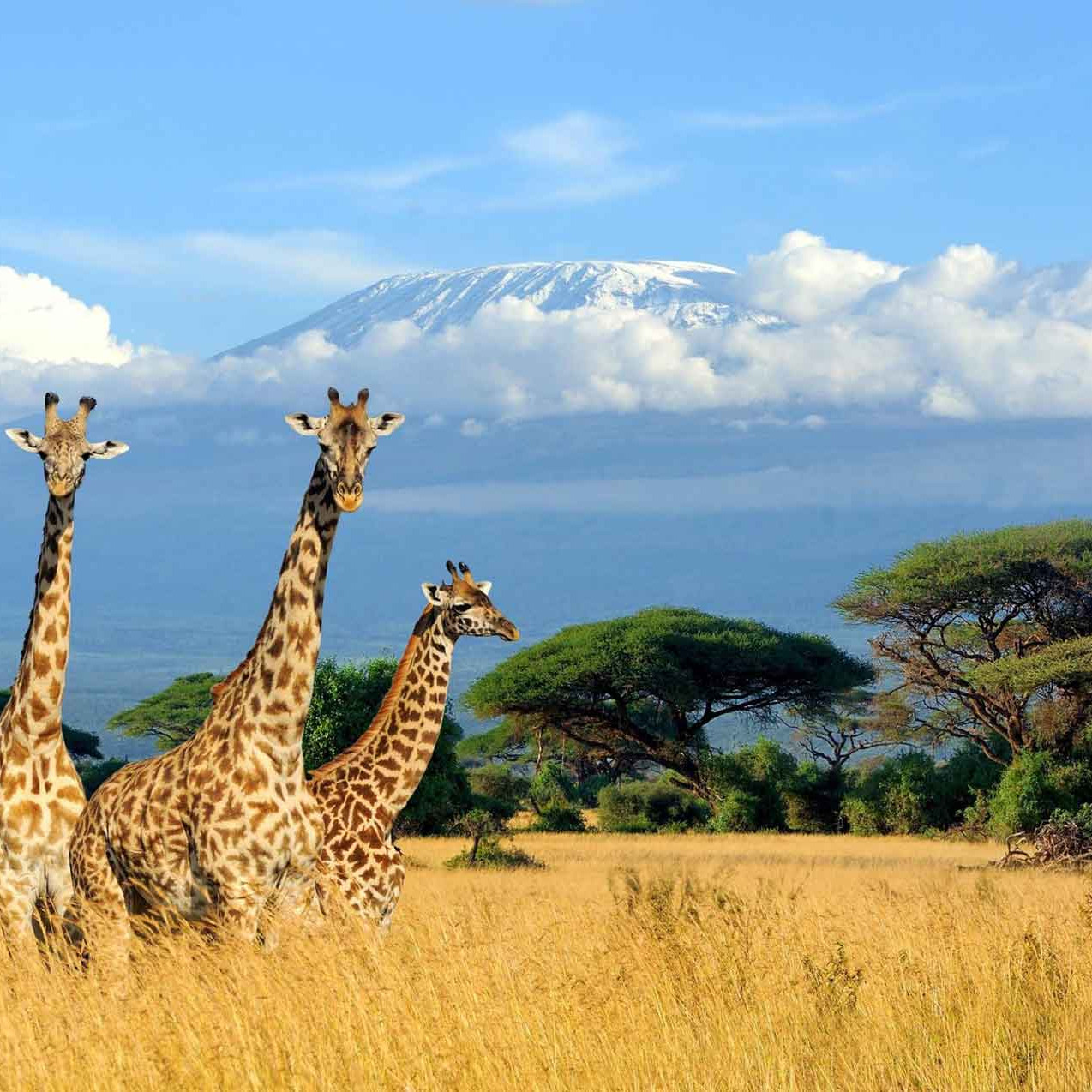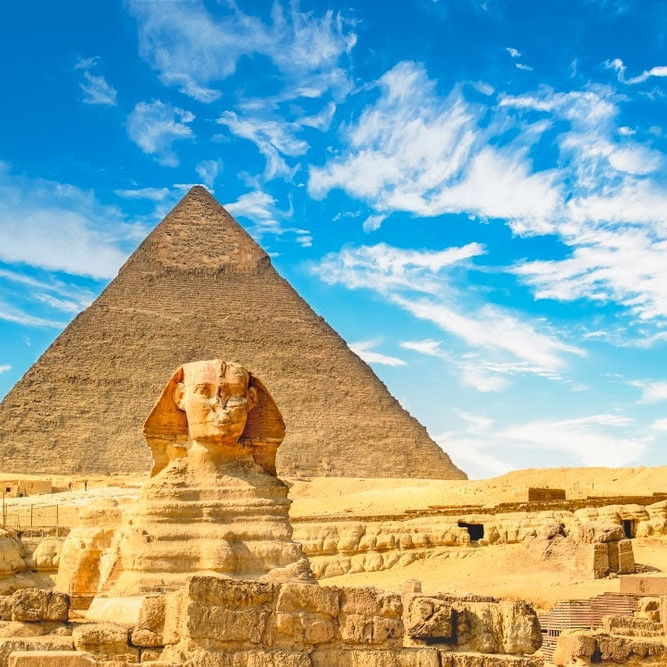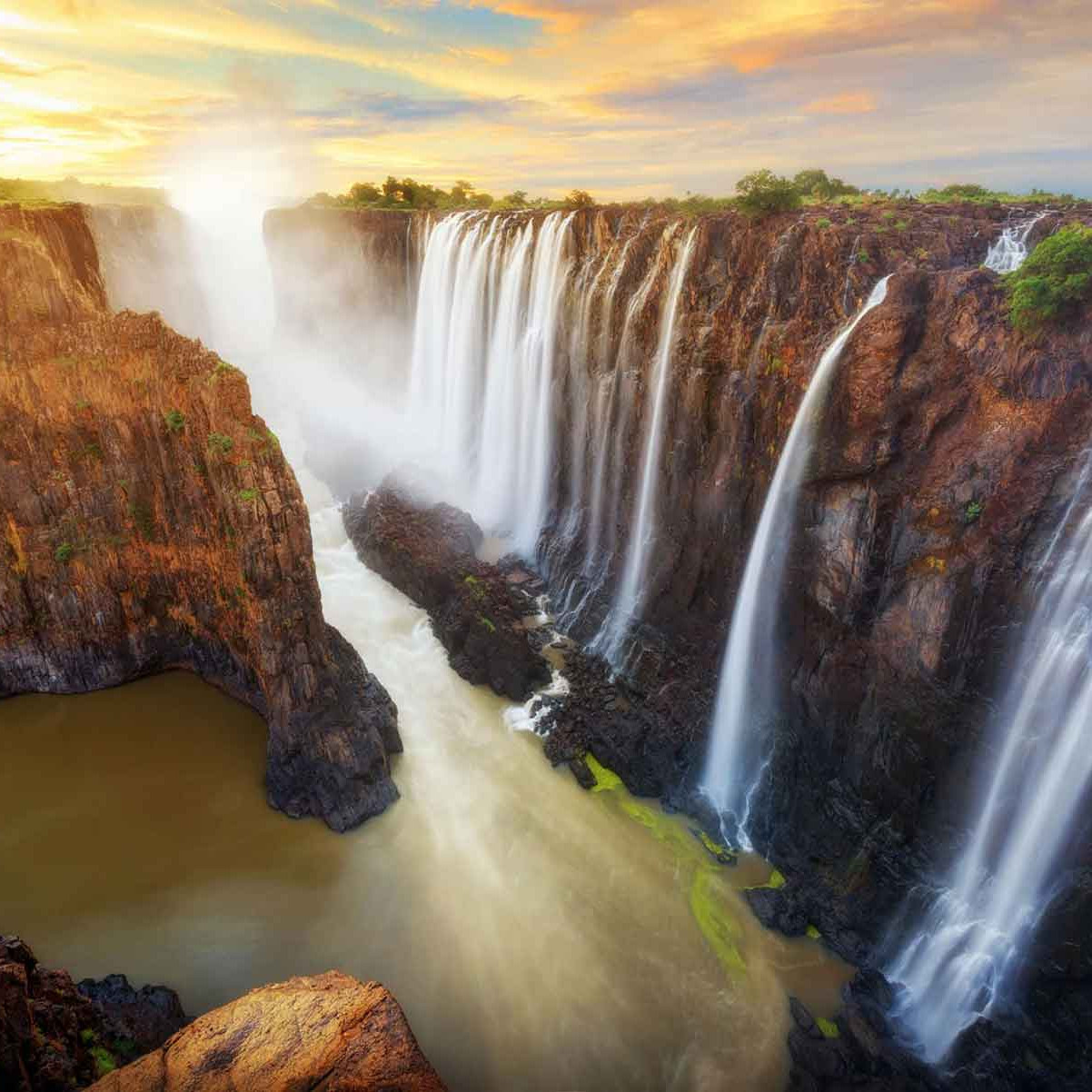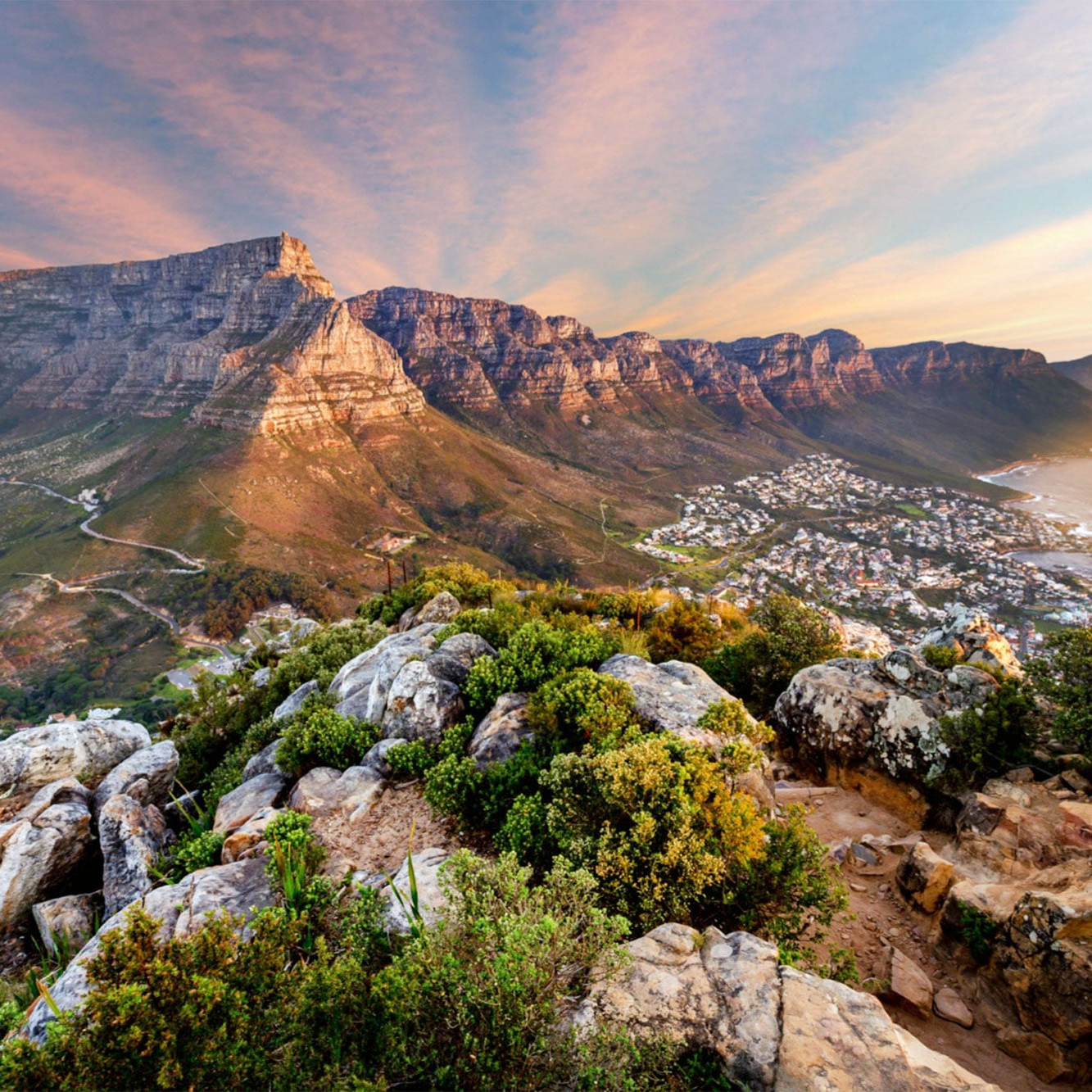Located in southern African, Zimbabwe is the hidden gem of Africa. It is emerging from a lot of years of political and economical problems. The country boasts of rich cultural heritage, fascinating history, and diverse landscapes that range from lush green forests to rugged mountains and expansive savannas.
Why Visit Zimbabwe
LANDSCAPES & NATURE
Zimbabwe is a country with an incredibly diverse and stunning landscape, making it a nature lover’s paradise. From the dramatic Victoria Falls to the picturesque Eastern Highlands, there is no shortage of natural beauty in Zimbabwe.
WILDLIFE
Thanks to its abundant and diverse nature, Zimbabwe showcases some of Africa’s best wildlife scenes. You don’t even have to seek for it, it’s everywhere. You will see ‘the Big Five’ (lion, elephant, buffalo, rhinoceros, leopard), but there is so much to see besides. It also houses more than 600 species of birds.
VALUE FOR MONEY
Zimbabwe is one of the most affordable destinations in Africa, offering excellent value for money. Visitors can experience a range of activities, such as game drives, walking safaris, and river cruises, at a fraction of the cost of other destinations.
HERITAGE AND HISTORY
Zimbabwe’s rich history and cultural heritage make it a fascinating destination to explore. From the ruins of Great Zimbabwe, a UNESCO World Heritage Site, to the colonial architecture of Harare, visitors can delve into the country’s past and learn about its diverse cultures.
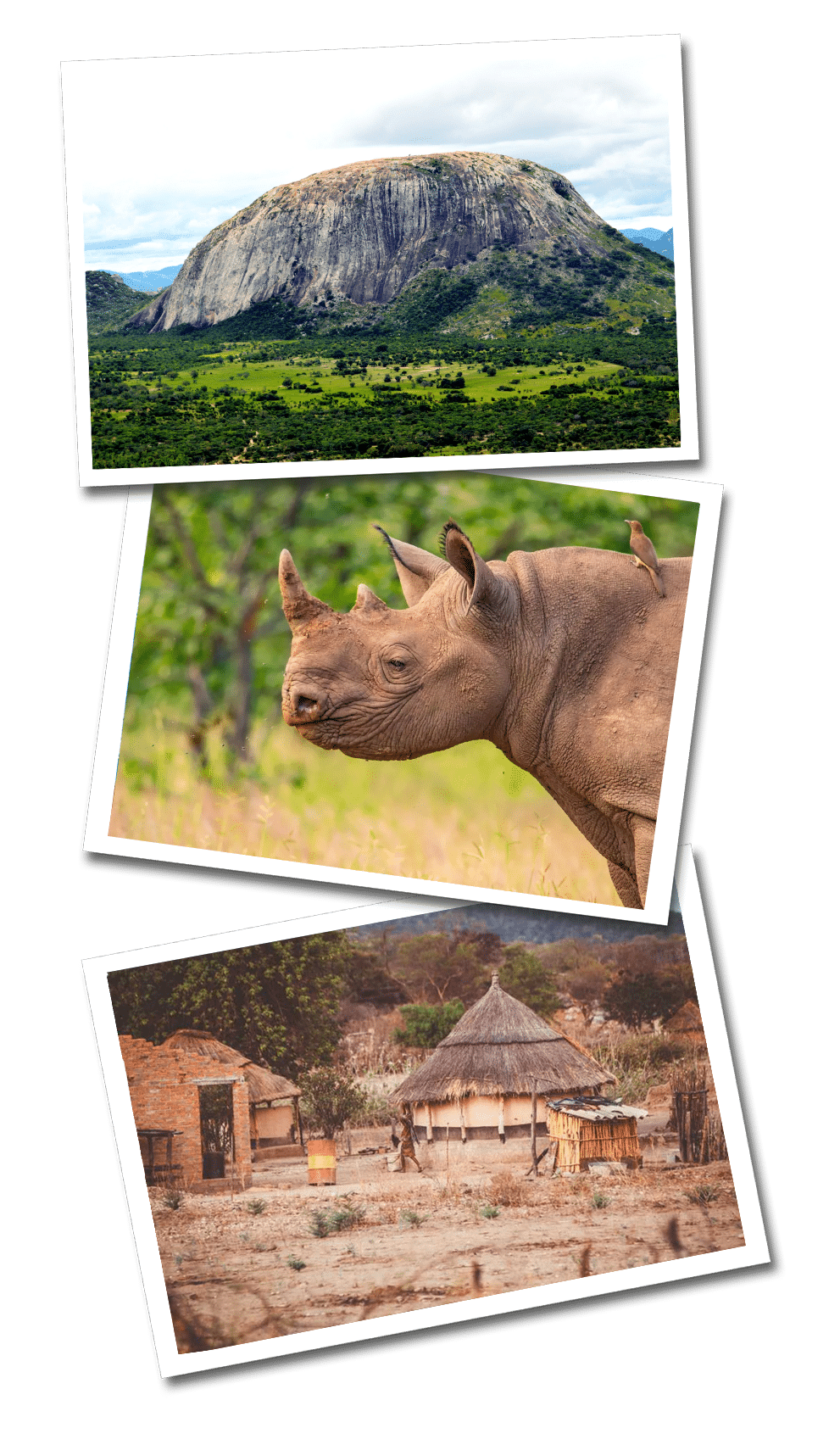
Located in southern African, Zimbabwe is the hidden gem of Africa. It is emerging from a lot of years of political and economical problems. The country boasts of rich cultural heritage, fascinating history, and diverse landscapes that range from lush green forests to rugged mountains and expansive savannas.

Why Visit Zimbabwe
LANDSCAPES & NATURE
Zimbabwe is a country with an incredibly diverse and stunning landscape, making it a nature lover’s paradise. From the dramatic Victoria Falls to the picturesque Eastern Highlands, there is no shortage of natural beauty in Zimbabwe.
WILDLIFE
Thanks to its abundant and diverse nature, Zimbabwe showcases some of Africa’s best wildlife scenes. You don’t even have to seek for it, it’s everywhere. You will see ‘the Big Five’ (lion, elephant, buffalo, rhinoceros, leopard), but there is so much to see besides. It also houses more than 600 species of birds.
VALUE FOR MONEY
Zimbabwe is one of the most affordable destinations in Africa, offering excellent value for money. Visitors can experience a range of activities, such as game drives, walking safaris, and river cruises, at a fraction of the cost of other destinations.
HERITAGE AND HISTORY
Zimbabwe’s rich history and cultural heritage make it a fascinating destination to explore. From the ruins of Great Zimbabwe, a UNESCO World Heritage Site, to the colonial architecture of Harare, visitors can delve into the country’s past and learn about its diverse cultures.
Bucket list
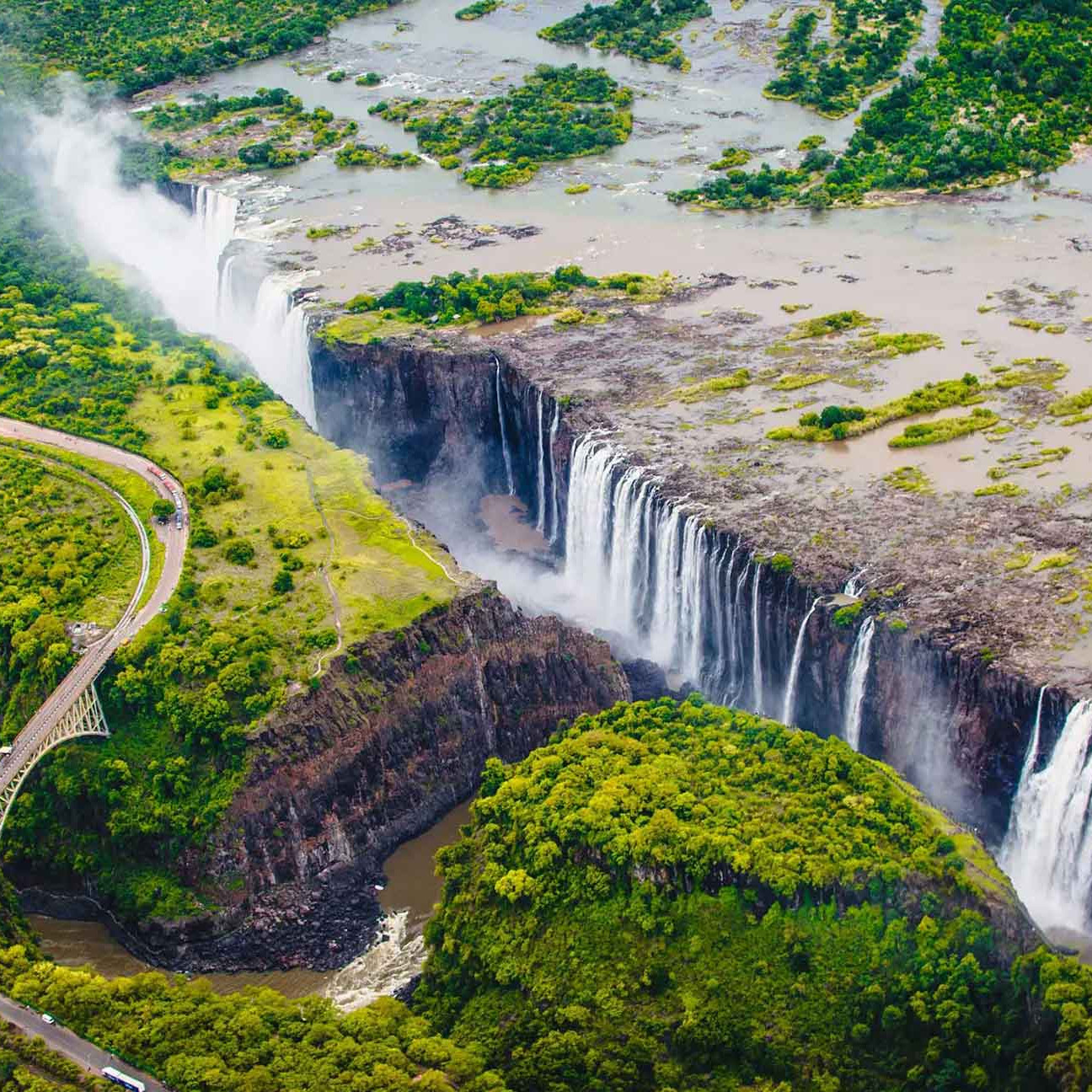
Visit Victoria Falls
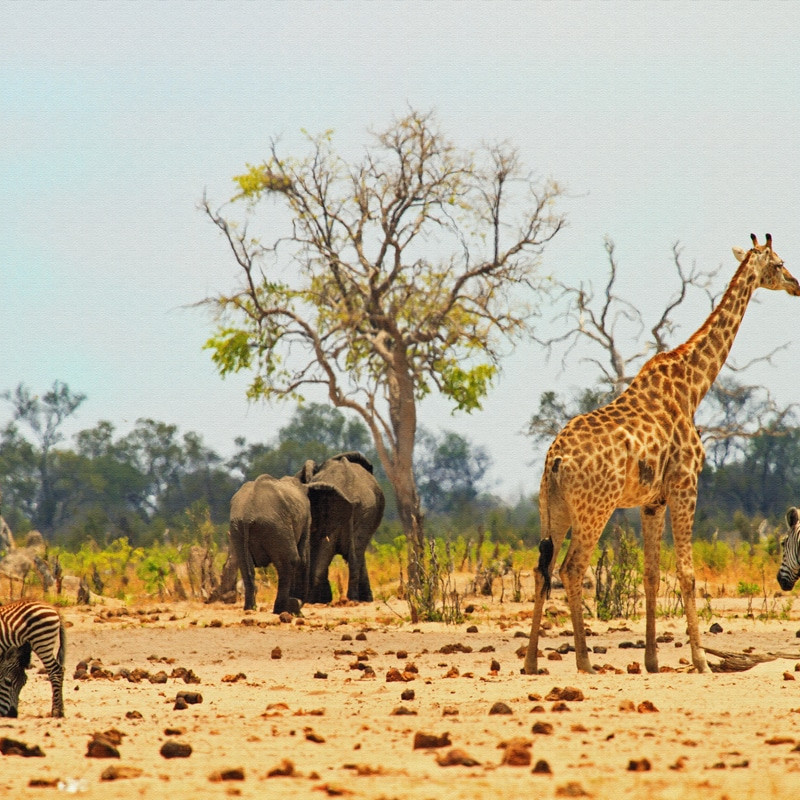
Experience the wild on the Hwange National Park
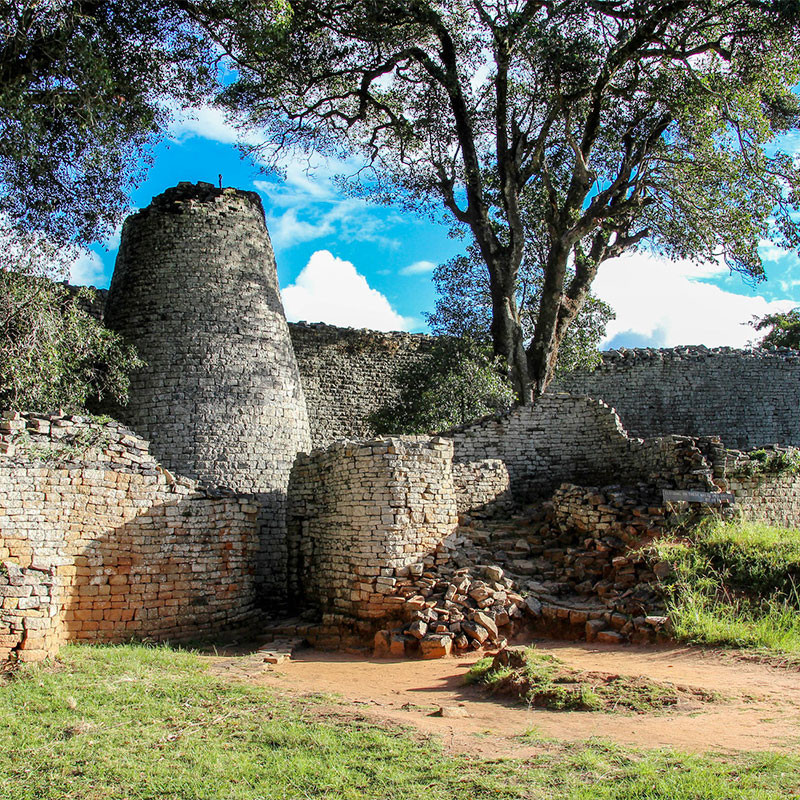
Visit the Great Zimbabwe ruins
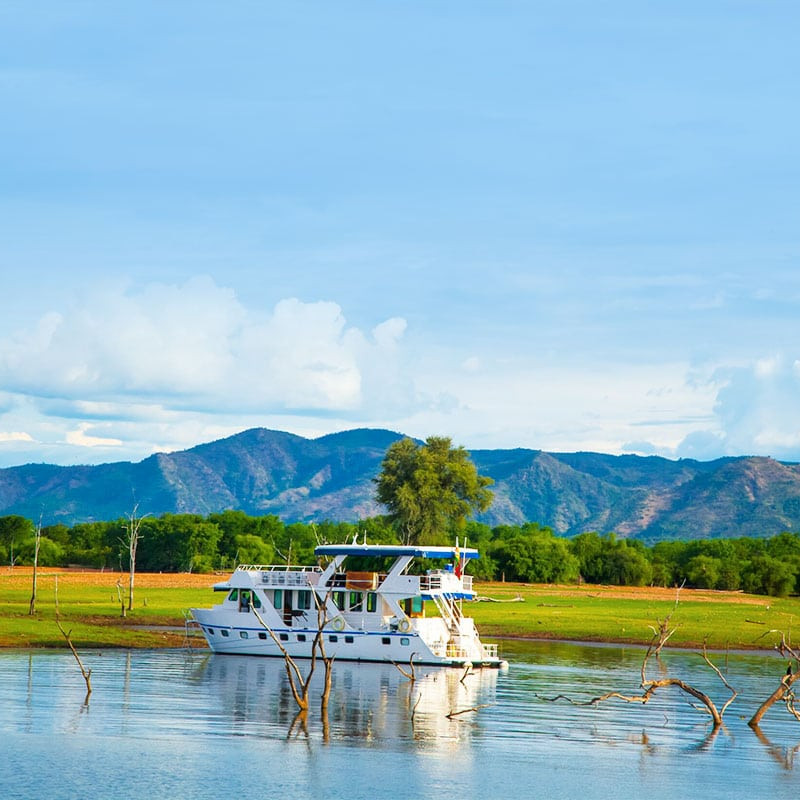
Get on a boat on the Lake Kariba
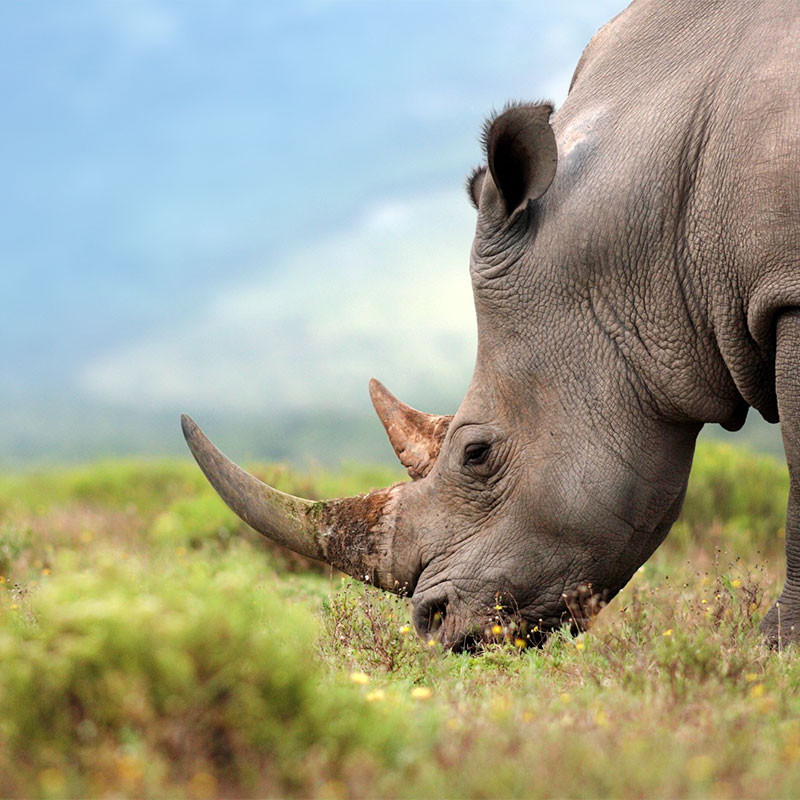
Spot Rhinos in Matopos National Park
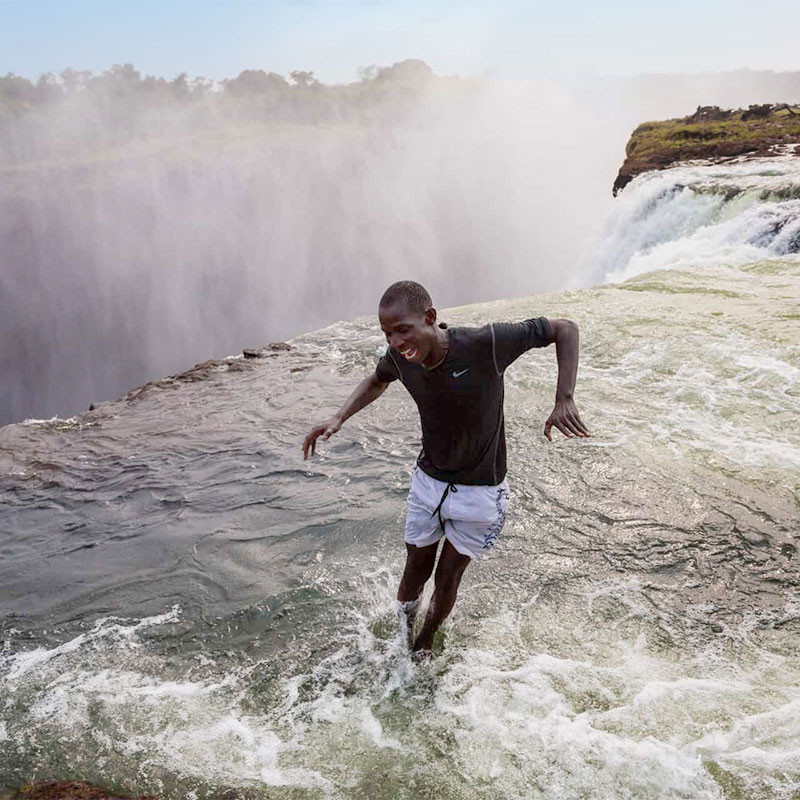
Go for a dive to the Devil’s Pool
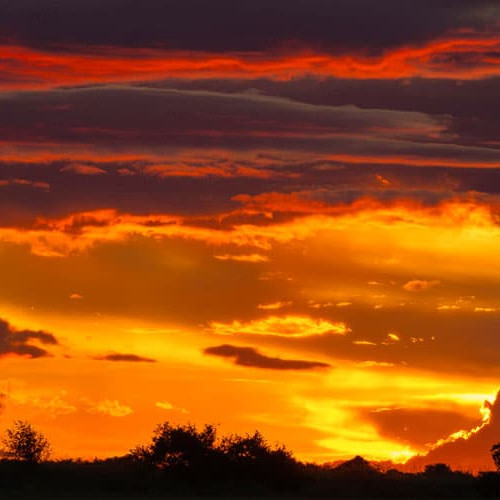
Enjoy the sunset/sunrise
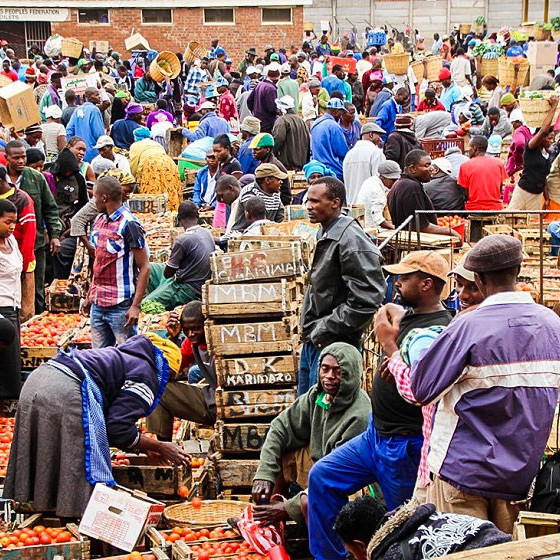
Visit the Mbare Musika
What to expect
LANGUAGE
The official languages of Zimbabwe are English, Shona, and Ndebele. English is the main language of communication and is widely spoken and understood. Shona is the most widely spoken native language in Zimbabwe, while Ndebele is the second most widely spoken.
ELECTRICITY
In Zimbabwe the standard voltage is 220 V and the frequency is 50 Hz. That’s the standard voltage in the UK, Europe, Australia and most of Asia and Africa; If you are traveling from the US you will need an adaptor
CURRENCY
The official currency of Zimbabwe is the Zimbabwean dollar (ZWL), which was reintroduced in 2019 after being suspended for a decade due to hyperinflation. US dollars, South African rand, and other major currencies are also widely accepted in Zimbabwe, especially in the tourism industry. We recommend to investigate a little bit regarding the economical situation of the country before you go, to make sure whether you can bring dollars with you or you will have to exchange them when you arrive.
SAFETY
Zimbabwe is generally a safe country for tourists, although there are some areas that should be avoided due to political instability and crime. Visitors should take precautions such as avoiding walking alone at night, keeping valuables out of sight, and being cautious when using public transport.
CLIMATE
Zimbabwe’s climate varies depending on the region and the altitude where you go. There is a dry season and a rain season, including a short cool season during the period May to September. The rainy season is typically a time of heavy rainfall from November to March. The best time to go would be from May to October, in winter season, when there is no no rain and a low malaria risk.
How to get around Zimbabwe
There are several ways to get around Zimbabwe, including:
- Private vehicle: Many tourists choose to rent a car to explore Zimbabwe. Rental companies are available in major cities such as Harare, Bulawayo and Victoria Falls.
- Taxis: Taxis are a common mode of transportation, especially in the cities. It is important to negotiate the fare before getting into the taxi.
- Buses: Buses are an inexpensive way to travel within Zimbabwe. However, they can be crowded and uncomfortable, and safety cannot be guaranteed.
- Trains: Trains are available in Zimbabwe, but they are not as popular as buses or private cars. The National Railways of Zimbabwe operates trains that connect Harare to other major cities.
- Air travel: For those who want to travel quickly between destinations, air travel is an option. Domestic airlines such as Air Zimbabwe operate flights between Harare and Victoria Falls.
It is important to note that the quality of roads and infrastructure in Zimbabwe can vary, so it is essential to plan ahead and research the options available.
Visa Policy
Zimbabwe has a visa policy that varies depending on the nationality of the visitor. Visitors from some countries can enter Zimbabwe without a visa for up to 90 days, while others are required to obtain a visa before traveling. The countries that are exempt from obtaining a visa include Antigua and Barbuda, Aruba, Bahamas, Barbados, Belize, Botswana, Cayman Islands, Cyprus, Eswatini, Fiji, Grenada, Hong Kong, Jamaica, Kenya, Kiribati, Lesotho, Malaysia, Malawi, Maldives, Mauritius, Montserrat, Mozambique, Namibia, Nauru, Samoa, Seychelles, Singapore, Solomon Islands, South Africa, St. Kitts and Nevis, St. Lucia, St. Vincent and the Grenadines, Tanzania, Trinidad and Tobago, Tuvalu, Uganda, Vanuatu, and Zambia. Visitors from all other countries are required to apply for a visa before traveling to Zimbabwe. The types of visas available include single-entry visas, multiple-entry visas, and transit visas, and they can be obtained from Zimbabwean embassies and consulates or through an online visa application system.
SUBSCRIBE!
Are you a globetrotter? Join our platform and get exclusive travel tips, getaways and more!
Namibia
Travel to Namibia, a beautiful and diverse country known for its stunning natural landscapes and wildlife-rich national parks...
Morocco
Morocco, Mythical, colorful, exotic and diverse, and just some of the reasons why everybody should go at least once.
Mauritius
Travel Mauritius, a country renowned for its natural beauty, pristine beaches, and clear turquoise waters. The island is a perfect...
Kenya
Travel Kenya, from exotic wildlife, being one of the prefered safari destinations in Africa and featuring animal migrations, to pristine..
Egypt
Explote Egypt, home to one of the principal ancient civilizations and the world’s earliest urban and literate society. With over 5,000...
Zambia
Travel and explore Zambia. Filled unspoilt natural wonders, abundant wildlife and a big list of…
South Africa
Travel and explore South Africa, a country located in the southern tip of the african continent,…
Morocco
Morocco, Mythical, colorful, exotic and diverse, and just some of the reasons why everybody should…


